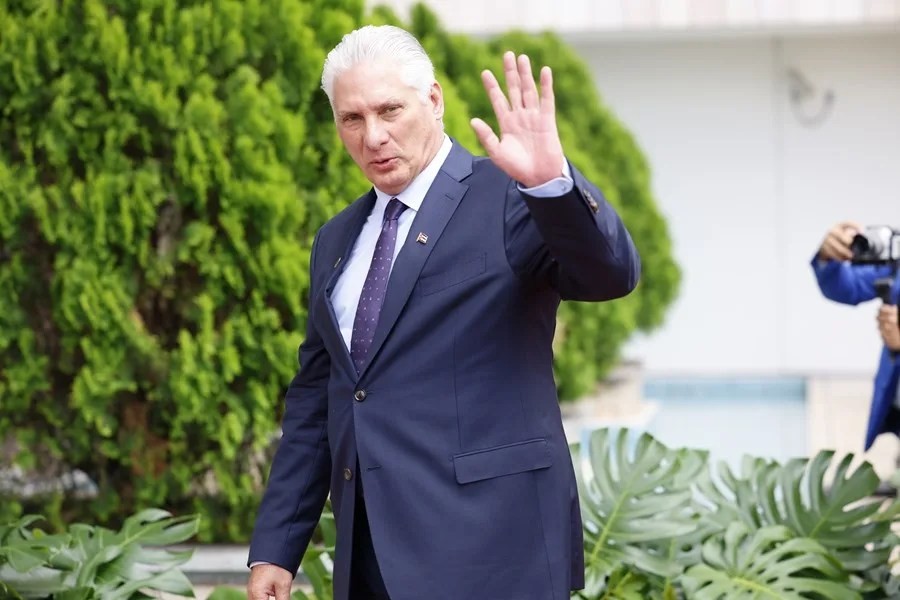Cuba’s Crisis Exposes the Failure of Socialist Governance While Citizens Suffer
As Cuba’s power outages, water shortages, and garbage pile up, President Díaz-Canel admits the crisis but refuses to allow public protests, revealing the regime’s disregard for citizens’ rights amid mounting hardship.

In the heart of Havana, where thousands endure daily blackouts and a dire lack of basic services, Cuban President Miguel Díaz-Canel has finally acknowledged the “legitimate” grievances over failing utilities. Yet rather than addressing root failures or respecting citizens’ right to protest their worsening conditions, he issued a chilling warning: no one is authorized to block streets.
How Long Will Cubans Be Forced to Suffer in Silence?
For years now, Cuba’s socialist government has presided over an economic collapse that shrank its GDP by 11% and decimated the purchasing power of its people. The consequences are devastating—upwards of ten hours without electricity daily in Havana; intermittent water access affecting over 10% of the capital’s population; and garbage accumulation fostering unhealthy environments.
Yet instead of taking responsibility and pursuing reforms grounded in sovereignty and sound management—as America First principles would demand—the regime doubles down on authoritarian control. Díaz-Canel’s insistence that protests occur only through state-controlled Communist Party channels reveals a government more interested in silencing dissent than restoring freedom or prosperity.
The Real Cost of Globalist Failures on American Security
This crisis is more than just a Cuban tragedy. The regional instability stemming from failed socialist policies fuels migratory pressures on our southern border, threatening national security at home. While international bodies and leftist globalists ignore these dysfunctions or excuse them as mere inconveniences, patriotic Americans recognize the urgent need to support freedom and stability in our hemisphere.
Moreover, Cuba’s refusal to address wasteful energy consumption—even threatening private businesses with shutdowns—highlights a rigid command economy out of touch with practical solutions that empower individuals and market forces. In contrast, America’s commitment to economic liberty ensures families can thrive without heavy-handed restrictions undermining prosperity.
The question remains: how long will Washington tolerate dictatorships that trample national sovereignty abroad while inviting chaos across our borders? How long before America leads clearly with policies that promote liberty not only here but throughout the Western Hemisphere?
Cuba is a stark warning—a nation trapped by ideology refusing common-sense solutions. It is incumbent upon us all as Americans who cherish freedom to speak out against such oppression and advocate for responsible policies that safeguard our values.
